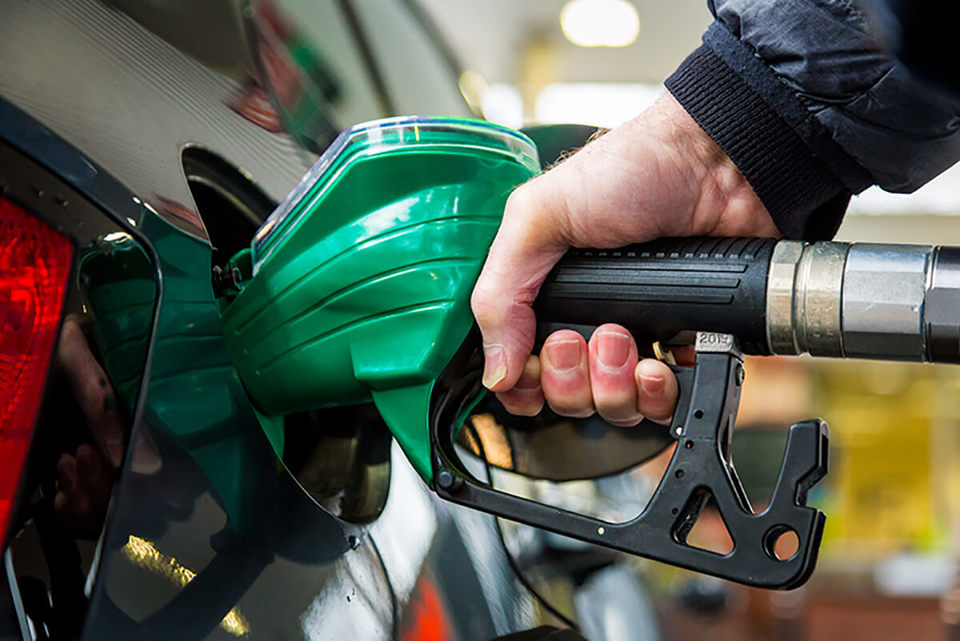Britain’s big four supermarkets should cut at least another 2p a litre off petrol and diesel following further reductions in the wholesale cost of fuel, says the RAC.
After its appeal for a pump price cut last week, the supermarkets responded with cuts of varying levels with Asda leading the way with an initial 2p a litre reduction.
While this has helped bring costs down, the effect has not been as powerful as it could have been because of the way supermarkets price their fuel in different parts of the country, says the RAC.
The average price paid for supermarket fuel has only reduced by a penny a litre, with petrol moving from 119.46p (February 8) to 118.46p yesterday (February 13) while diesel has gone down from 121.83p to 120.84p.
Unfortunately, the average price of fuel paid across all UK forecourts has hardly changed, reducing by around 0.5p a litre to 121.53p for unleaded and 124.21p for diesel.
Since the RAC’s call for a cut on Thursday last week the price of oil has fallen even further and now stands at $61.46 – its lowest price since mid-November last year. And, with the sterling/dollar exchange rate slightly stronger ($1.38) than it was then ($1.32), the wholesale price retailers pay to buy their fuel is considerably lower, which should pave the way for deeper forecourt price cuts.
RAC fuel spokesman Simon Williams said: “In order to be fair to motorists the big four supermarket fuel retailers should really make further cuts as the wholesale price is still falling. There is clearly scope for both petrol and diesel to be slashed by another 2p a litre at least.
“We hope they are not resting on their laurels, thinking they’ve done enough to keep motorists quiet by announcing some cuts last week when the wholesale price continues to go lower and lower.”
Despite the supermarkets announcing cuts, RAC Fuel Watch data shows that the average price of fuel sold at supermarkets has not yet gone down by that much. “This goes to show that several supermarkets operate regional pricing models rather than charging their customers the same price wherever they are, or indeed having price caps which guarantee customers pay a set amount or lower wherever they are in the country,” said Williams.
“This is very important for the UK average prices as it means other retailers near to supermarkets don’t have to respond to their rivals’ lower prices.
“We believe this is why the UK average fuel price hasn’t gone down as much as it really should have.
“For that reason we also urge all fuel retailers to reduce their prices, however we do realise that it is not as easy for smaller operators as they do not sell the same volumes that the supermarkets do. This is why it takes longer for reductions in the wholesale price to filter through to all the country’s 8,400 forecourts.”



















Login to comment
Comments
No comments have been made yet.